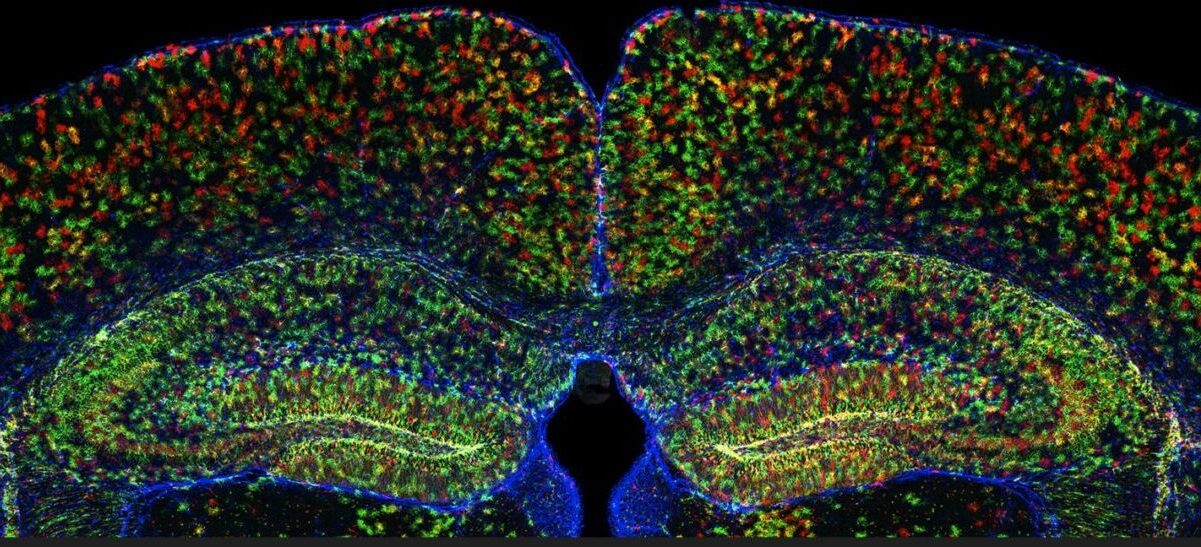
Calcium signaling is a vital process in our bodies, playing a crucial role in various cellular functions. Ever wondered how your muscles contract or how your heart keeps beating? Calcium ions are the unsung heroes behind these actions. They act as messengers, transmitting signals inside cells to trigger responses. From brain function to immune responses, calcium signaling is everywhere. Understanding this process can help us grasp how our bodies work and how certain diseases develop. Ready to dive into the world of calcium signaling? Let's uncover 25 fascinating facts that will shed light on this essential biological mechanism.
Key Takeaways:
- Calcium signaling is like a cell phone for cells, helping them communicate and coordinate important activities like muscle movement, brain function, and even plant growth.
- Scientists are unlocking the secrets of calcium signaling, which could lead to new treatments for diseases and even help plants thrive in challenging environments.
What is Calcium Signaling?
Calcium signaling is a process where cells use calcium ions (Ca2+) to communicate and trigger various cellular activities. This mechanism is crucial for many biological functions.
-
Calcium ions act as messengers in cells, helping to transmit signals from the cell surface to the interior.
-
Calcium signaling is essential for muscle contraction, including the beating of the heart.
-
Neurons use calcium signaling to release neurotransmitters, which are chemicals that transmit signals in the brain.
-
Calcium ions regulate gene expression, influencing how cells grow and develop.
-
Calcium signaling is involved in cell division, ensuring that cells replicate correctly.
How Calcium Signaling Works
Understanding the mechanics of calcium signaling helps grasp its importance in cellular functions. Here are some key points about how this process operates.
-
Calcium ions enter cells through channels in the cell membrane or are released from internal stores like the endoplasmic reticulum.
-
Calcium-binding proteins detect and respond to changes in calcium levels, initiating various cellular responses.
-
Calcium pumps and exchangers help remove calcium from the cell, maintaining balance and preventing toxicity.
-
Calcium waves can travel across cells, coordinating activities over large distances within tissues.
-
Calcium signaling can be localized to specific parts of the cell, allowing precise control over cellular functions.
The Role of Calcium Signaling in Health
Calcium signaling plays a vital role in maintaining health. Disruptions in this process can lead to various diseases.
-
Proper calcium signaling is crucial for bone health, as calcium is a major component of bones and teeth.
-
Calcium signaling regulates heart function, and abnormalities can lead to heart diseases like arrhythmias.
-
Calcium signaling is involved in immune responses, helping white blood cells fight infections.
-
Calcium dysregulation is linked to neurodegenerative diseases like Alzheimer's.
-
Calcium signaling affects insulin secretion, playing a role in diabetes management.
Calcium Signaling in Plants
Calcium signaling isn't just important in animals; plants also rely on this process for various functions.
-
Plants use calcium signaling to respond to environmental stresses like drought and salinity.
-
Calcium ions help regulate plant growth and development by influencing hormone signaling pathways.
-
Calcium signaling is involved in plant defense mechanisms against pathogens.
-
Calcium waves in plants can help coordinate responses to mechanical stimuli like touch.
-
Calcium signaling affects photosynthesis, the process by which plants convert light into energy.
Advances in Calcium Signaling Research
Ongoing research continues to uncover new aspects of calcium signaling, leading to potential medical and scientific breakthroughs.
-
New imaging techniques allow scientists to visualize calcium signaling in real-time within living cells.
-
Genetic studies have identified mutations in calcium channels linked to various diseases.
-
Researchers are developing drugs that target calcium signaling pathways to treat conditions like hypertension and cancer.
-
Bioengineers are exploring ways to manipulate calcium signaling for tissue regeneration and repair.
-
Studies on calcium signaling in microorganisms are providing insights into the evolution of cellular communication mechanisms.
The Importance of Calcium Signaling
Calcium signaling plays a crucial role in many biological processes. It helps regulate muscle contractions, nerve functions, and even cell growth. Without it, our bodies wouldn't function properly. This signaling pathway is involved in everything from heartbeat regulation to hormone secretion. Understanding calcium signaling can lead to breakthroughs in medical treatments for various diseases, including heart conditions and neurological disorders.
Researchers continue to study this vital process to uncover more about its mechanisms and potential applications. The more we learn, the better equipped we are to develop new therapies and improve existing ones. So, next time you hear about calcium, remember it's not just about strong bones. It's a key player in keeping our bodies running smoothly. Keep an eye on future discoveries in this fascinating field.
Frequently Asked Questions
Was this page helpful?
Our commitment to delivering trustworthy and engaging content is at the heart of what we do. Each fact on our site is contributed by real users like you, bringing a wealth of diverse insights and information. To ensure the highest standards of accuracy and reliability, our dedicated editors meticulously review each submission. This process guarantees that the facts we share are not only fascinating but also credible. Trust in our commitment to quality and authenticity as you explore and learn with us.
